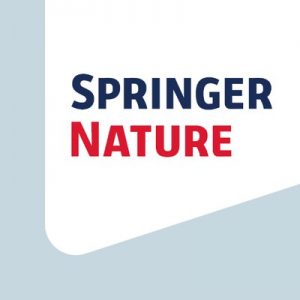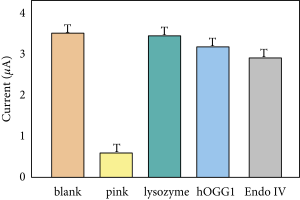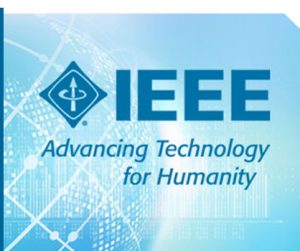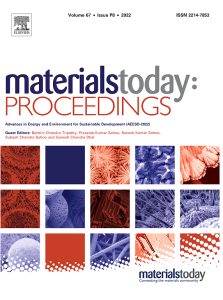Springer Nature has retracted a book chapter which critics say was plagued with “extremely offensive and outdated” statements about the deaf community.
The chapter, “Literature Review on Sign Language Generation,” was published in September 2022 as part of Data Management, Analytics and Innovation: Proceedings of ICDMAI 2022 (International Conference on Data Management, Analytics and Innovation). The authors, five researchers at the Cummins College of Engineering for Women in Pune, India, attempted to review work on sign language translation – specifically with artificial intelligence and machine learning.
From the abstract:
Continue reading Springer Nature retracts chapter on sign language deaf scholars called “extremely offensive”








